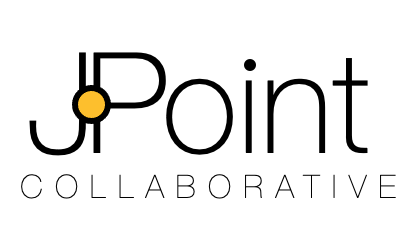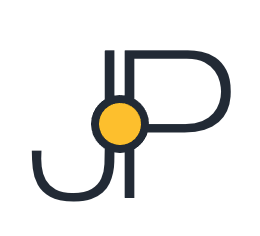JPoint CEO Participates in Johns Hopkins Pandemic Recovery Study


Recovery and Discovery
JPoint Collaborative’s Destiny Aman recently participated in a stakeholder listening session held by researchers at the Johns Hopkins Bloomberg School of Public Health’s Center for Health Security. Part of their PanREMEDY (Pandemic Recovery Metrics to Drive Equity) study, the listening session was part of the evidence gathering phase of the study, and we look forward to seeing the results in the spring! This session focused on defining pandemic recovery, sharing about how participants’ communities had been affected locally, tracking methods for pandemic recovery, and what indicators participants thought would most effectively communicate pandemic recovery.
According to project lead, Dr. Monica Schoch-Spana, Destiny was invited to participate in the research based on her experience working to develop and promote pandemic reopening guidance for faith-based institutions. Destiny’s session input drew directly from this work, encouraging the research team to think of the ways that traditional models of audience and experts may have constrained the pandemic response and could be continuing to impact the recovery.
For example, the group pointed out that according to the CDC, reported vaccination rates for the 2023-24 COVID-19 vaccine are under 15%. The choice to vaccinate has always been connected to trust (in government, in doctors, in authority in general). So, if we want high vaccination rates, building and sustaining public trust should be a high priority for the public health community.
However, the group agreed that a tone of condescension and lack of sensitivity from the scientific and public health communities has had a negative impact on trust-building. Also, if experts view “the public” as an empty vessel to be filled or as students to be educated, then they are less likely to recognize what the public has to offer, or hear their experiences as valid, important, and valuable. On the other hand, community organizations are less encumbered by these traditional models and often are more easily held accountable by the public. As a result, they are often highly trusted and can be effective mediators and champions for public health objectives.
How can we adapt if we want to be “over it”?
The group pointed out that a (totally understandable) desire for the pandemic to “be over” has led to people not keeping up with things like masking and using air filters. While connected to a lack of trust in public health, the group suggested that it’s also related to unaddressed trauma from the pandemic, and a sense that the sacrifices made at the beginning of the pandemic didn’t really do much.
Some adaptations, however, like the use of virtual platforms for faith organizations and small businesses, have stuck. But the gap between organizations that could adapt and move online and those that weren’t able to has only widened in the intervening years. The pandemic has continued to have broader, systematic effects such as increased absenteeism and an increase in evictions, all of which have equity impacts.
Small-scale success is large-scale success
The group also discussed how to better track pandemic response and recovery. More communication between local governments and other community groups and organizations is needed, as well as more funding for those smaller organizations. Smaller organizations, as the “boots on the ground,” often have a better sense of what community members need and should be funded accordingly.
All the study participants felt that to more effectively deal with pandemics in the future, we need more communication and more capacity for our local governments and community organizations. During emergencies in particular, the longstanding relationships and trust these organizations have with the public make them very important front-line responders, and they should be treated as such in preparedness, response, and recovery efforts.
More resilient communities will be better able to withstand the next pandemic or other disaster, whatever and whenever that might be. To learn more about the work Destiny and JPoint Collaborative have done for community recovery and resilience, sign up for our mailing list.

